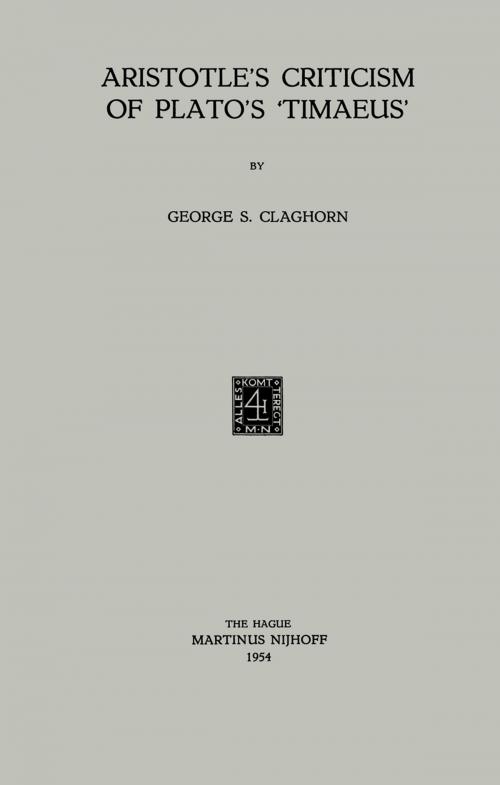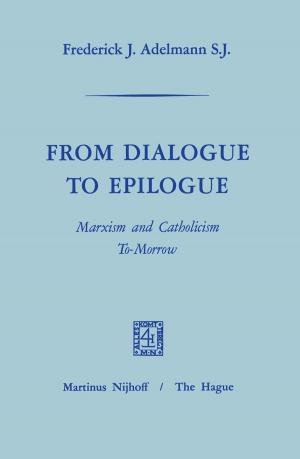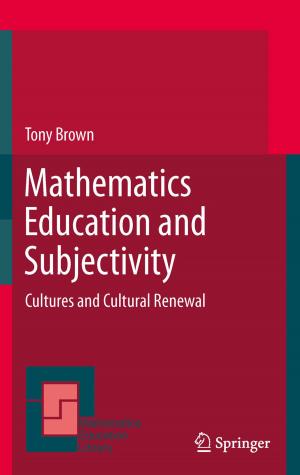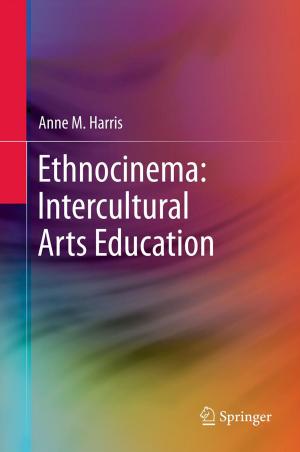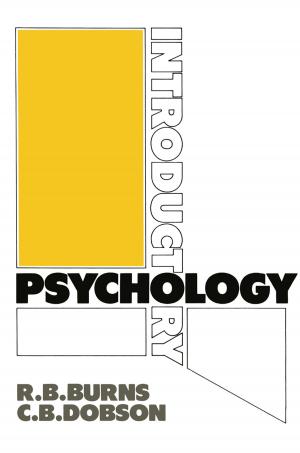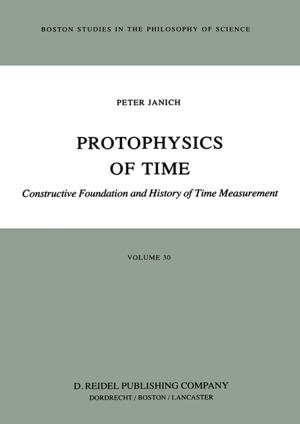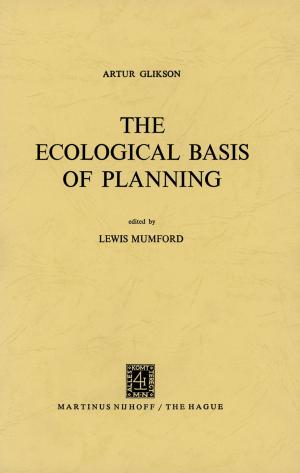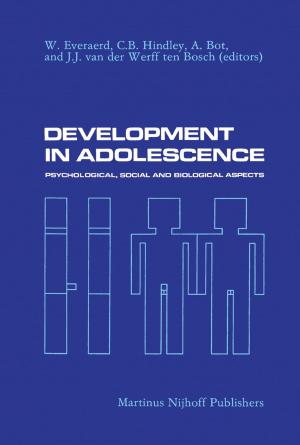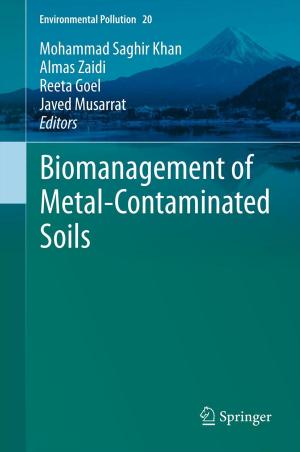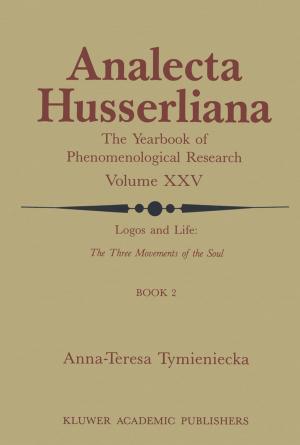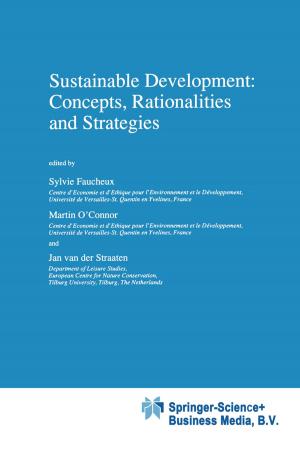Aristotle’s Criticism of Plato’s ‘Timaeus’
Fiction & Literature, Literary Theory & Criticism, Ancient & Classical, Nonfiction, Religion & Spirituality, Philosophy, Ancient| Author: | George S. Claghorn | ISBN: | 9789401188395 |
| Publisher: | Springer Netherlands | Publication: | December 6, 2012 |
| Imprint: | Springer | Language: | English |
| Author: | George S. Claghorn |
| ISBN: | 9789401188395 |
| Publisher: | Springer Netherlands |
| Publication: | December 6, 2012 |
| Imprint: | Springer |
| Language: | English |
The purpose of this study is to determine Aristotle's attitude toward the content and method of Plato's natural science. Plato and Aristotle have often been regarded as on opposite sides of a philosophic 'Great Divide'. On the other hand, those who have found that the two men were in agreement have sometimes mentioned only scattered instances of that agreement. There is need for a new comparison of the two philosopher- one which is limited in scope, based on the primary texts, and which is systematic and thorough in method. If successful, such a comparison would bring into sharp focus one phase of Aristotle's comments on Plato. Our attempt to meet this need is Aristotle's Criticism of Plato's TIMAEUS. In pursuing this study, it has been necessary to reject a number of uncritically-accepted interpre tations of the Timaeus. Contrary to the view of many, we have concluded that Aristotle largely agreed with Plato, both in the principles and presuppositions of his natural science. A number of implications stem from this study. There is, for example, the oft-questioned manner in which Aristotle treated Plato's philosophy. In the great majority of instances, Aristotle stands forth as a reliable reporter and a skilled critic. Moreover, the study sheds light on that ancient riddle: whether Plato and Aristotle are basically akin or at odds in their general philosophies.
The purpose of this study is to determine Aristotle's attitude toward the content and method of Plato's natural science. Plato and Aristotle have often been regarded as on opposite sides of a philosophic 'Great Divide'. On the other hand, those who have found that the two men were in agreement have sometimes mentioned only scattered instances of that agreement. There is need for a new comparison of the two philosopher- one which is limited in scope, based on the primary texts, and which is systematic and thorough in method. If successful, such a comparison would bring into sharp focus one phase of Aristotle's comments on Plato. Our attempt to meet this need is Aristotle's Criticism of Plato's TIMAEUS. In pursuing this study, it has been necessary to reject a number of uncritically-accepted interpre tations of the Timaeus. Contrary to the view of many, we have concluded that Aristotle largely agreed with Plato, both in the principles and presuppositions of his natural science. A number of implications stem from this study. There is, for example, the oft-questioned manner in which Aristotle treated Plato's philosophy. In the great majority of instances, Aristotle stands forth as a reliable reporter and a skilled critic. Moreover, the study sheds light on that ancient riddle: whether Plato and Aristotle are basically akin or at odds in their general philosophies.
